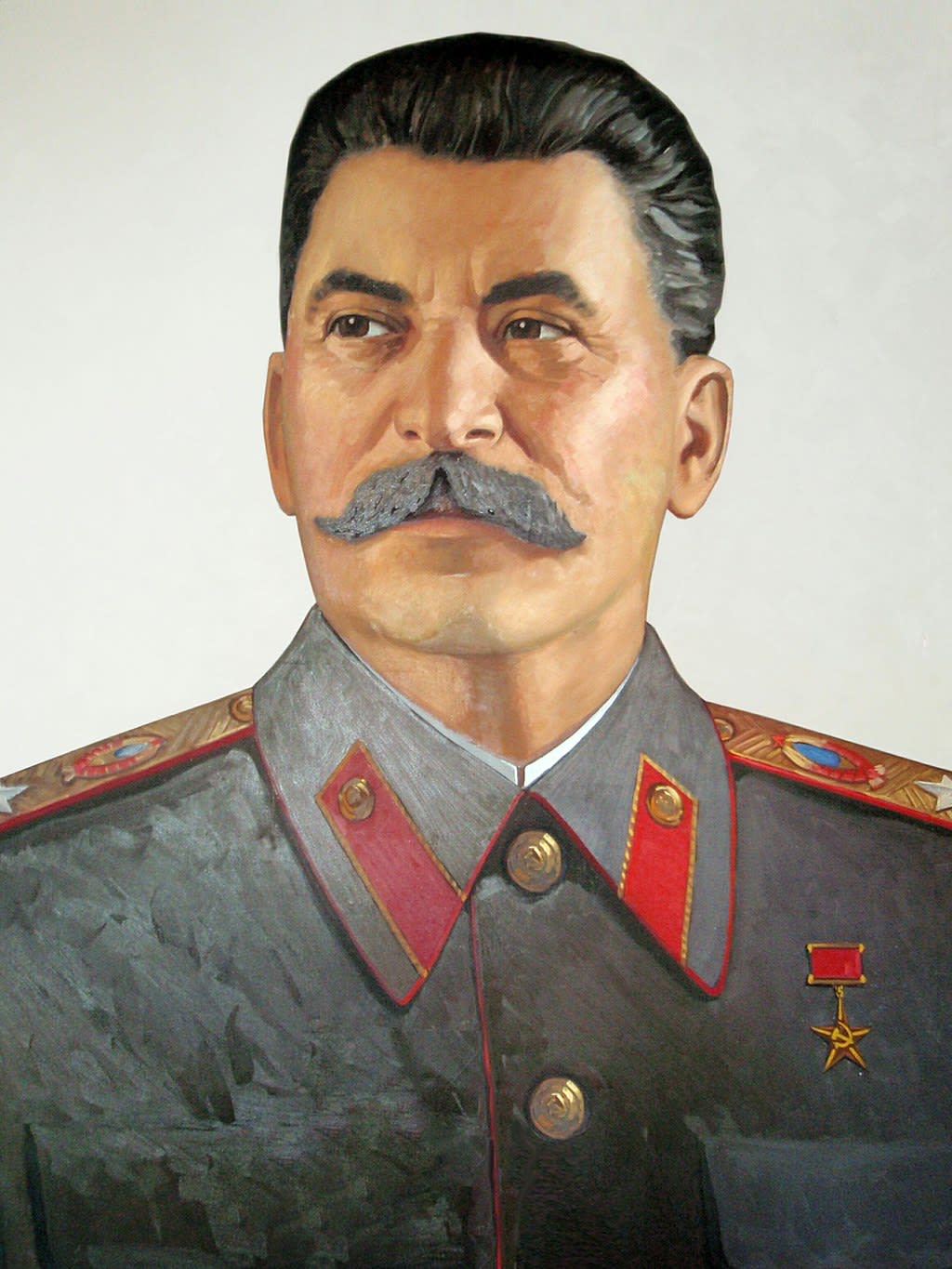What Stalin’s Last Days Reveal about His Character
Violence, paranoia, and worse.

In a final gesture before his death in 1953, Soviet dictator Joseph Stalin ordered the arrest of several doctors and charged them with "attempted murder through intentionally precarious medical exercise".
These Moscow doctors were not held for long, as after Stalin's death the new Soviet leadership withdrew from the case against the doctors. Furthermore, they said the process was actually invented.
Historians often describe Stalin as incredibly paranoid, turning against his own friends, family and closest subordinates to maintain his political power.
His personal physician Vladmir Vinogravdov was apparently not spared. In early 1952, after suggesting to Stalin that he take things lightly to ease his stress, the dictator flew into a rage and arrested him. Later that year, more doctors were arrested amid rumors and conspiracy theories published in newspapers that doctors were plotting to kill the Soviet leadership. The state news agency “TASS”, which is still in operation today, published a report announcing that nine members of a “criminal group of murdering doctors” had been apprehended.
There were elements of anti-Semitism contained in the reports, as 6 of the 9 doctors were Jewish. Stalin, meanwhile, was considering sending all Jews to the gulags of Siberia. Pravda, the Soviet Union's propaganda newspaper, named the New York-based “Joint American-Jewish Distribution Committee” as one of the orchestrators of a nefarious plan, suggesting that Jews – American Jews in particular – were trying to overthrow the party. communist.
Later, some speculated that Stalin might be targeting doctors as part of a broader purge – possibly an arrangement for an ethnic cleansing of Russian Jews. An unsent letter was reported to have been found among Stalin's documents, in which the Jews were asked to denounce the doctors appointed as part of the plan and declare their loyalty to the Communist Party.
But Stalin later, as reported, suffered a stroke and died under mysterious circumstances in his dacha (a remote cottage), while reports and recent studies suggest that the tyrant had been poisoned. In 2003, the book "Stalin's Last Crime" mentioned that he may have been poisoned with warfarin during a dinner with close confidants who were members of the Politburo.
Stalin was found paralyzed by a stroke in his cottage in Kuntsevo. The guards worried about the unusual silence, but they dared not enter the house, for fear of facing consequences. After about a day, a maid or guard eventually took a risk and walked in, finding him lying on the ground. One report says he was conscious but could not speak or move. Doctors later tried to see him and Politburo members went to the dacha every day. He passed away on March 5th.
Lavrenti P. Beria, then head of the secret police, apparently boasted later that he had killed Stalin, some two months after he died in May 1953. “I finished him! I saved you all,” he said he told Vyacheslav M. Molotov (the name “Molotov cocktail” comes from him), as quoted in memoirs written by Stalin's successor Nikita Khrushchev in 1970.
On February 25, 1956, First Secretary Nikita Khrushchev surprised delegates to the 20th Congress of the Communist Party of the Soviet Union (CPSU). In a five-hour speech, delivered behind closed doors, Khrushchev blamed Josef Stalin for having practiced a systematic policy of torture and execution of his opponents in the party, attacking the intolerance, brutality and abuse of power of Lenin's successor and his predecessor in charge.
This was three years after Stalin's death in 1953, lamented by the vast majority of Soviet citizens, who saw the leader as a divine father. Khrushchev shocked the population by declaring that Stalin was much closer to the other side.
The first secretary, who was part of Stalin's staff for decades, also reported the cruel deportation of entire peoples from Soviet territory and condemned Stalin's "presumptuous recklessness" during World War II, which would have resulted in the invasion of Russia by troops of Nazi Germany.
Khrushchev's secret speech was soon discovered, publicized and published in full by the Western press. Nothing else would be the same: this started the process known as the de-Stalinization of the Soviet Union.
About the Creator
Borba de Souza
Writer and business founder that enjoys writing about history and culture.
Founder of Small Business Hacks https://www.youtube.com/c/SmallBusinessHacks and https://expatriateconsultancy.com. My published books: https://amzn.to/3tyxDe0






Comments
There are no comments for this story
Be the first to respond and start the conversation.